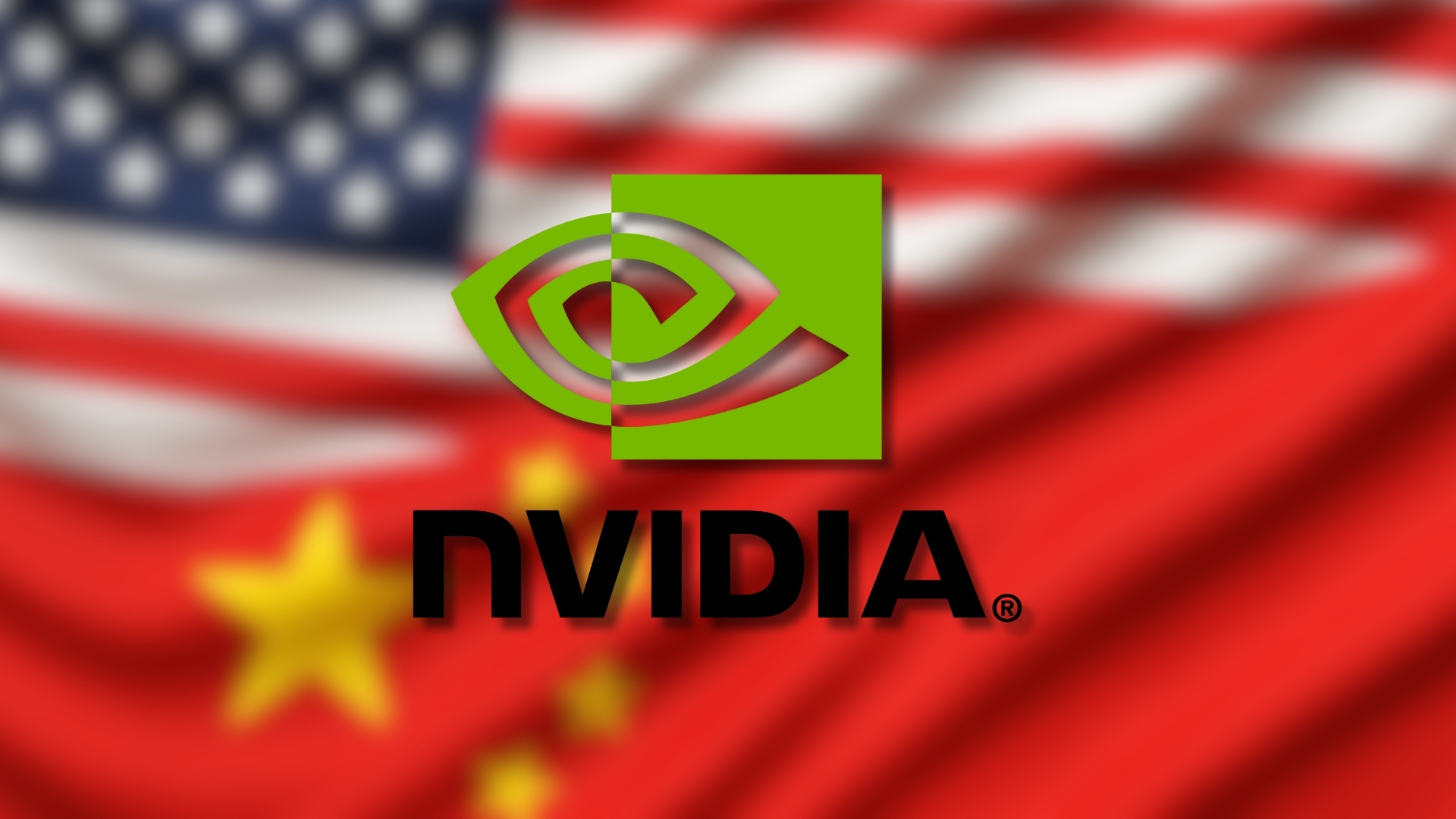Apple has been fined €98 million by Italy’s competition authority after regulators concluded that its App Tracking Transparency framework distorted competition in the app store market.
Authorities stated that the policy strengthened Apple’s dominant position while limiting how third-party developers collect advertising data.
The investigation found that developers were required to request consent multiple times for the same data processing purposes, creating friction that disproportionately affected competitors.
Regulators in Italy argued that equivalent privacy protections could have been achieved through a single consent mechanism instead of duplicated prompts.
According to the Italian authority, the rules were imposed unilaterally across the App Store ecosystem and harmed commercial partners reliant on targeted advertising. The watchdog also questioned whether the policy was proportionate from a data protection perspective under the EU law.
Apple rejected the findings and confirmed plans to appeal, stating that App Tracking Transparency prioritises user privacy over the interests of ad technology firms.
The decision follows similar penalties and warnings issued in France and Germany, reinforcing broader European scrutiny of platform governance.
Would you like to learn more about AI, tech and digital diplomacy? If so, ask our Diplo chatbot!










